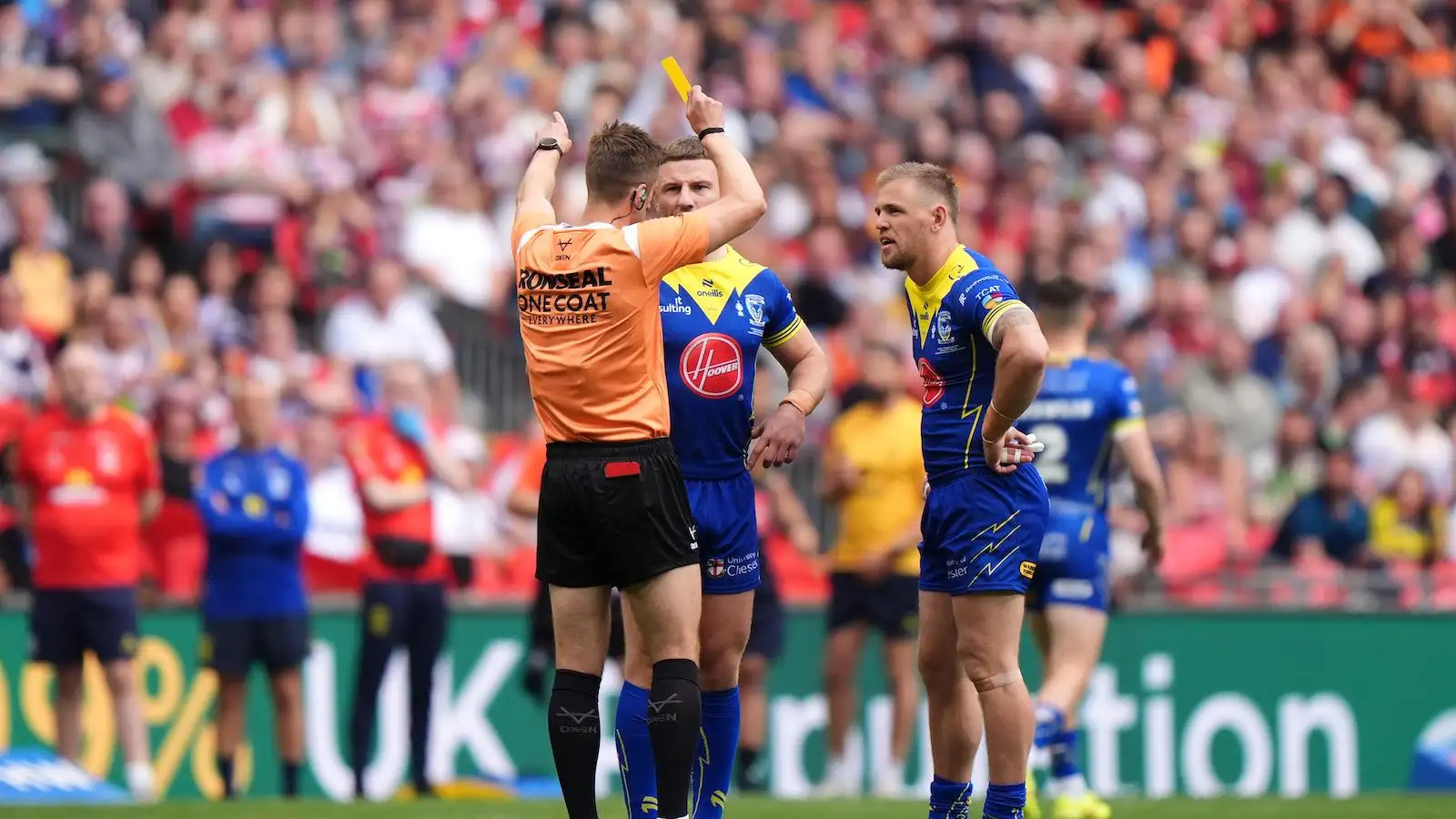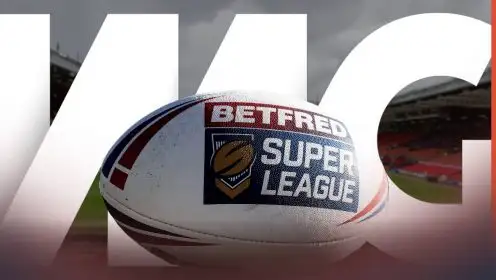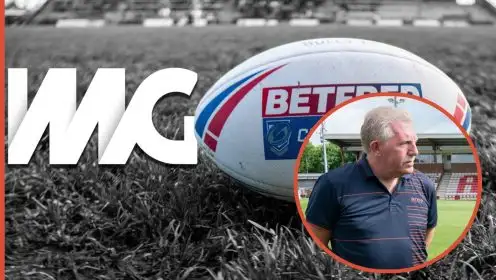RFL to overhaul disciplinary system with points-based system explained

The RFL's disciplinary system is changing again in 2025!
The Rugby Football League have dramatically overhauled their disciplinary system and the way players are suspended for 2025 with a dramatic new points-based system brought in.
Previously, players charged with on-field misconduct were given a suspension based on the severity of the charge that offence carried: ranging from a fine for a Grade A offence to a lengthy suspension for Grade F.
However, that will all change in 2025 – with Keighley Cougars confirming the changes after they revealed their forward, Brad England, had been given a three-match suspension after reading the threshold of points for that particular length of ban.
England was issued with a Grade D charge of physical contact with a match official. Grade D charges are worth 12 points in the new system and given his previous ‘points’ that are accrued on his record, England has a total of 18 points on his record after the latest charge.
It is a remarkable change and perhaps even more remarkable that a League 1 club have announced the changes, rather than the governing body themselves. According to the Cougars, charges in 2025 are now worth the following points:
- Grade A – 1 point
- Grade B – 3 points
- Grade C – 5 points
- Grade D – 12 points
- Grade E – Refer to Tribunal
It effectively means that minor charges will now result in fewer suspensions, and players with lengthier disciplinary records are going to face heftier suspensions in 2025 and beyond.
Any charge stays on a player’s personal record for 12 months – so for example, in the case of England, the Grade D charge he collected in the game against Bradford just before Christmas will be removed this coming December.
But now he is on 18 points, if he were to even be hit with a minor charge, he would face a bigger ban due to the number of points he has on his record.
The Cougars released what they say are the thresholds for suspensions moving forwards. Any player who picks up a charge but has fewer than six points on their record will not be banned. Six to 11 points results in a one-match ban, 12 to 17 a two-match and so on. The full scale is:
- 0-2 points: No further action
- 3-5 points: Fine
- 6-8 points: 1 match suspension
- 9-11 points: 1 match suspension and a fine
- 12-14 points: 2 match suspension
- 15-17 points: 2 match suspension and a fine
- 18-20 points: 3 match suspension
- 21-23 points: 3 match suspension and a fine
- 24-26 points: 4 match suspension
- 27-29 points: 4 match suspension and a fine
- 30-32 points: 5 match suspension
- 33-35 points: 5 match suspension and a fine
- 36-38 points: 6 match suspension and a fine
- 39-41 points: 7 match suspension and a fine
- 42-44 points: 8 match suspension and a fine
- 45-47 points: 9 match suspension and a fine
- 48-50 points: 10 match suspension and a fine
- 51-53 points: 11 match suspension and a fine
- 54+ points: 12 match suspension plus and a fine
The RFL are expected to confirm these changes themselves in the days ahead as the season approaches. But it is clear that once again, the disciplinary process is likely to be the centre of attention going into the new Super League season.
WEEKEND READS ON LRL
👉🏻 Salford player sales update as possible salary cap exemptions explained
👉🏻 My Ultimate Team: Ryan Hall’s best 1-13 including Leeds Rhinos, Hull KR legends
👉🏻 Jake Connor reveals family tragedy fuelling Leeds Rhinos ambitions
👉🏻 Super League clubs lodge interest in Nene Macdonald with suitors revealed


